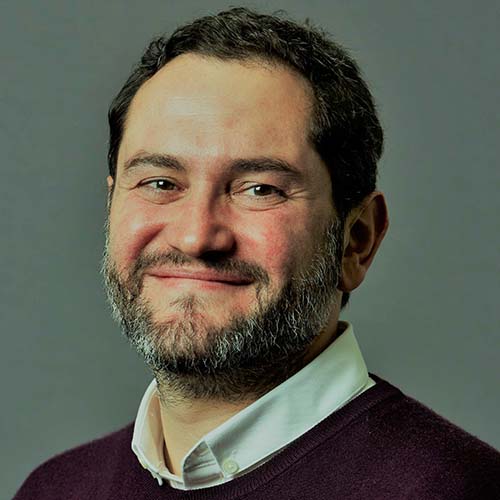The University of Huddersfield is involved in the first ever United Nations convention on tackling cybercrime.
Dr Camilo Tamayo Gomez, Senior Lecturer in Criminology and Course Leader of the MSc in International Security and Criminology, has been asked by the UN to lend his expertise as a member of the multi-organisational committee comprised of scholars and organisations that draw up the convention.
He will lend his expertise from years of researching and investigating issues around human rights, communicative citizenship, and social justice. Dr Tamayo Gomez already has experience of working with the UN, having been appointed to its development programme for the truth and reconciliation commissions in his native Colombia, where he also took part in peace negotiations between the Colombian government and guerrillas. He has also written in The Conversation on the reconciliation process in Colombia.
The role of social media in cybercrime will be investigated by the convention, with as Dr Tamayo Gomez explains:
“A lot of cybercrime can happen through social media,” he says, “but social media is regulated by private companies. If these private companies decide to moderate particular content that they considered as cybercrime or a cyber-issue, that could be affecting someone’s or a group’s freedom of expression at the same time. All this links private sector tech companies, and us as citizens in different fields.
Improving international cooperation
“Another aim of this international convention is to negotiate a binding UN instrument on cybercrime to reduce the impunity of cybercriminals by harmonising national approaches to criminalization. This international convention will play a crucial role in improving international cooperation by providing effective investigatory frameworks and facilitating cross-border data exchange.
“My angle is to bring human security perspectives to this convention, along with the role of international cooperation, and how both can help shape it,” adds Dr Tamayo Gomez.
“It is about adding a human rights perspective and issues including freedom of expression, freedom of the press, and liquid surveillance that are involved in the convention. I believe that the convention could be improved having that particular human rights angle.”
While there are numerous international treaties and conventions that address cybercrime, the UN does not yet have anything to approach its instruments on issues like human rights or terrorism in the field of cybercrime.
The UN General Assembly adopted Resolution 74/247 on ‘Countering the use of information and communications technologies for criminal purposes’ in December 2019 to start the process towards an international treaty of which all countries in the UN will be a part of.
‘Real credit for Huddersfield’s involvement’
“The University of Huddersfield has been listed as one of the relevant academic institutions and international multi-stakeholder organisations approved by the United Nations to be part of this process. We are well into the process of working towards this cybercrime convention,” adds Dr Tamayo Gomez.
“I am attending sessions at the UN’s office in Vienna followed by more at the UN HQ itself in New York. It is a real credit to our university that we have been asked to contribute to such an important piece of legislation, and it will genuinely feed into our courses over the next couple of years.”
{{item.title}} - News Story

